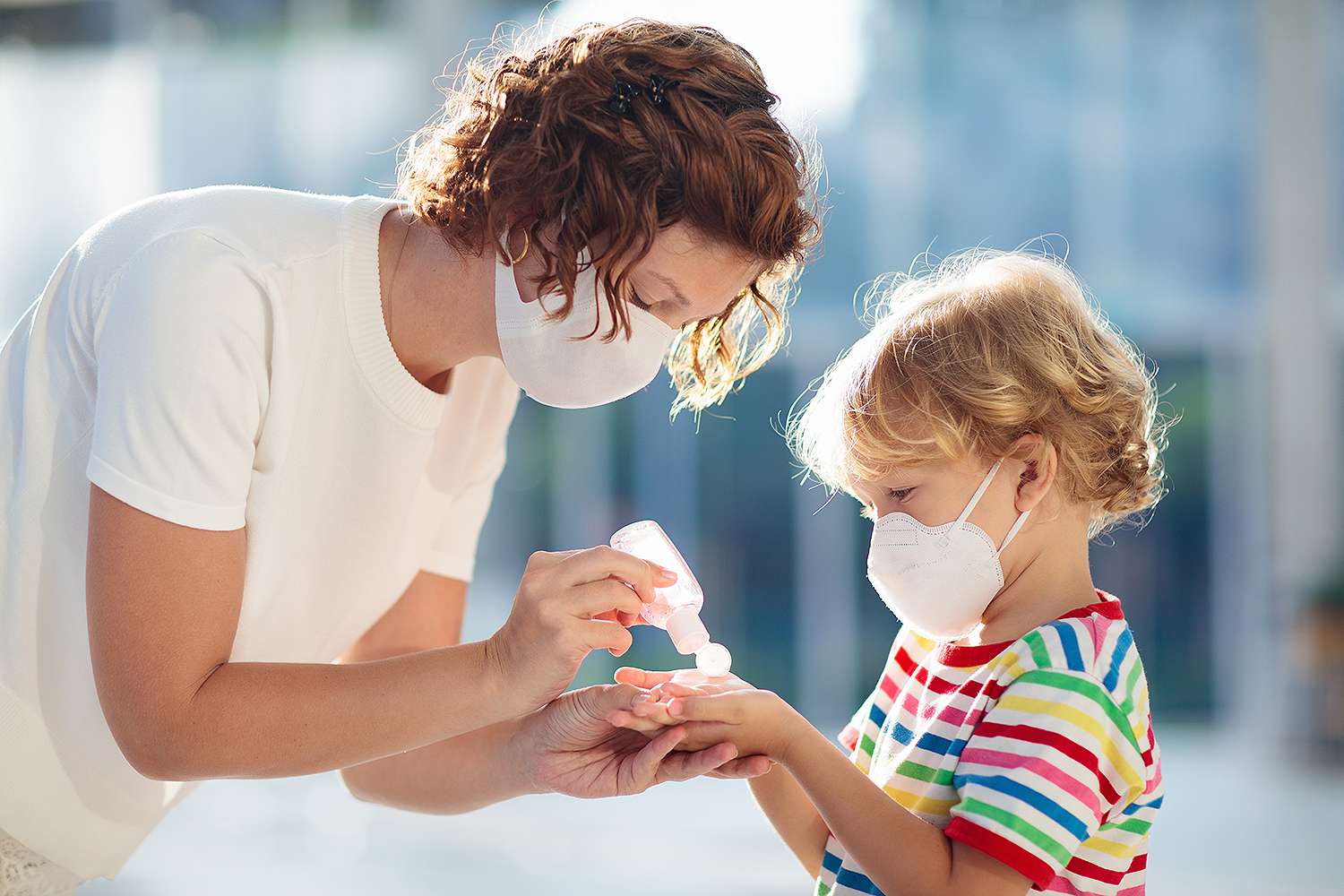Children are less likely than adults to contract the novel coronavirus (COVID-19) and most do not show symptoms of the respiratory illness, a new study out of the London School of Hygiene & Tropical Medicine shows.
The study, published Tuesday in the journal Nature Medicine, estimates that the susceptibility to infection in those under 20 years old is approximately half that of adults over 20.
The authors also found that clinical symptoms of the coronavirus manifest in only 21 percent of 10 to 19 year olds, compared to 69 percent of those over 70.
However, the study does not show the extent to which children may transmit the coronavirus, or provide a clear reason for why younger people are less likely to contract the illness. The authors cite a common theory that children may be protected from the current coronavirus due to “immune cross-protections from other coronaviruses.”

The study, based on a survey of Canada, China, Italy, Japan, Singapore and South Korea, comes as policymakers are weighing whether or not to reopen schools in the fall after most closed for the spring and summer.
“These results have implications for the likely effectiveness of school closures in mitigating SARS-CoV-2 transmission, in that these might be less effective than for other respiratory infections,” the researchers wrote.
Virtual learning has become the norm since the coronavirus pandemic first took effect in the U.S., but the lack of in-person instruction has created unique challenges for teachers, parents and students alike.
Students Surprise Teacher with Car After Being Separated for Two Months Due to the Coronavirus Pandemic
The lead author, Nicholas Davies, told The Washington Post that despite their findings, school closures are a complicated issue.
“School closures still do have an effect — we’re not saying they’re completely ineffective,” Davies said. “So really, this just highlights how difficult the question of when to reopen schools is. Like with many other policies, it’s not a straightforward question of epidemiology.”
Public health officials in the U.S. have warned lawmakers not to rush to judgement that it's safe to send kids back to school. Even if children are less likely to contract the coronavirus and very rarely die from the virus, opening schools could put teachers and school staff at risk.
“You’re right in the numbers that children in general do much, much better than adults and the elderly and particularly those with underlying conditions," Dr. Anthony Fauci, who has served as a director at the National Institutes of Health since 1984, told members of the Senate in May. "But I am very careful, and hopefully humble in knowing that I don’t know everything about this disease. And that’s why I’m very reserved in making broad predictions.”
"We just have to see on a step-by-step basis as we get into the period of time with the fall about reopening the schools, exactly where we will be in the dynamics of the outbreak," Fauci added.
As information about the coronavirus pandemic rapidly changes, PEOPLE is committed to providing the most recent data in our coverage. Some of the information in this story may have changed after publication. For the latest on COVID-19, readers are encouraged to use online resources from CDC, WHO, and local public health departments. PEOPLE has partnered with GoFundMe to raise money for the COVID-19 Relief Fund, a GoFundMe.org fundraiser to support everything from frontline responders to families in need, as well as organizations helping communities. For more information or to donate, click here.
Source: Read Full Article